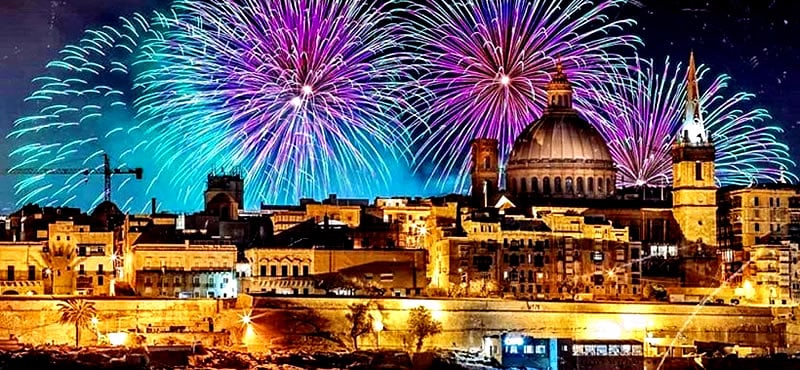Fun facts about Galicia and La Coruna

Bordered by Spain and Portugal, Galicia is an autonomous region with an area of around 30.000 sq km inhabited by around 3 million people. With the capital city at Santiago de Compostela, La Coruna is the second largest city in the region. Here are some Fun facts about Galicia and La Coruna.
Galicia is an ancient and fascinating region. The provinces of the region ar Lugo, Ourense, La Coruna and Pontevedra. The temperate climate makes the vegetation flourish and agriculture is an important trade here, as well as fishing – which is actually the biggest fishing industry in Spain. Nevertheless, the region is considered quite poor.
Galicians claim to have very old Celtic origins. Gallego is the Galician language. Spoken by over 80% of the people here, it is an ancient dialect spread nowhere else in the world.
Galicians sure love to sunbathe and party. Galicia is home to more than 750 beaches and 4000 parties are held here annually.
Santiago de Compostela is the ending point of the famous “Camino de Santiago” pilgrimage and the place where the body of Saint James the Apostle is believed to have been buried.
La Coruna, on the other hand, is the port from which the famous Spanish Armada departed in 1588 to attempt the (failed) invasion of England.
You’d think bagpipes are only popular in Scotland. Guess what: Galicia also exhibits them in its traditional music. This goes to prove, at least in the eyes of some, the common Celtic origins. The anthem of Galicia is “The Pine Trees” (original: “Os Pinhos”).
The famous singer Julio Iglesias has Galician roots, even though he is born in Madrid. “A Song to Galicia” or “Homesickness” are songs in which he talks about his origins and his love of the place.
La Coruna is sometimes called “the crystal city” because many of its houses have glassed balconies. It is also a great tourist center, so you might need a La Coruna airport transfer if you land at the airport there.





